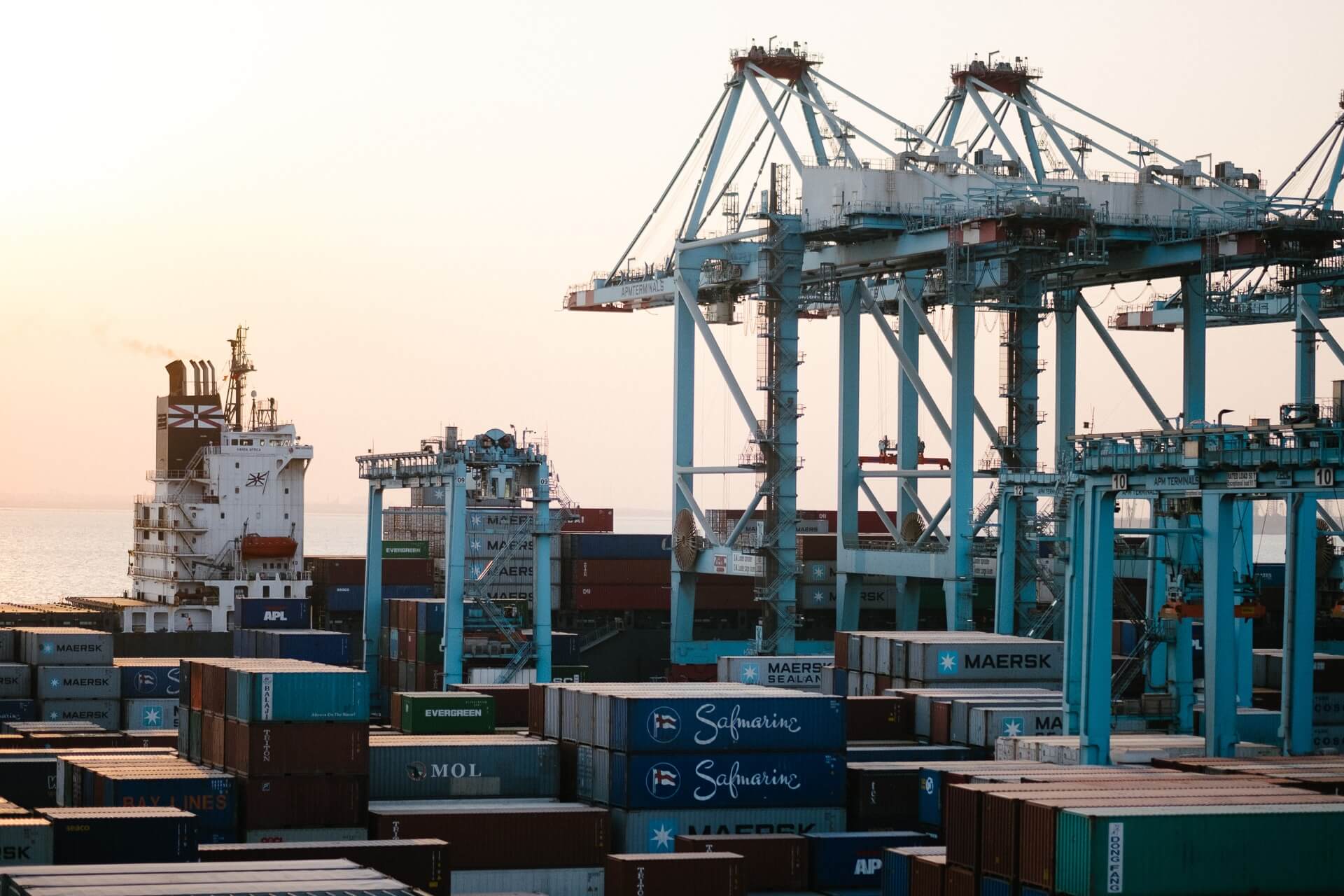
June 14, 2016
Bahrain has long been regarded as the “heart of the Gulf” due to its position in the centre of the USD 1.5 trillion Gulf Cooperation Council (GCC) market. It is a location that allowed Bahrain to establish itself 4,000 years ago as a quintessential trading centre, bridging East and West.
Infrastructure Reforms
Aiming to maintain its trading legacy, Bahrain is pressing ahead with regulatory and infrastructural reforms to further strengthen its fast-growing Transport & Logistics (T&L) sector.
Regional gatewayRecent initiatives spearheaded by the Bahrain Logistics Board (BLB) aim to capitalise on Bahrain’s incomparable connectivity by allowing foreign companies to setup wholly-owned regional distribution centres. Boasting the fastest seaport customs clearance (less than 3 hours) and truck turnaround time (33 minutes) in the GCC, companies can service a region in which no state is over 2 hours away by air or 8 hours away on land.
Lowering costs, maximizing profitability
Bahrain’s business environment is one that is marked by freedom. Financial freedom, trade freedom, fiscal freedom, the freedom of 100% foreign ownership in most sectors, and the freedom to repatriate all capital, profits and dividends. In addition to an enabling regulatory and business environment, Bahrain also boasts the lowest operation, manpower and port costs across the GCC.
As part recent cost reduction initiatives, Bahrain’s cost competitiveness will be boosted by the abolishment of minimal capital requirements for business startups.
Foreign investors can now also take advantage of Bahrain’s reputation as a key export hub by claiming a 49% stake in shipping, airfreight and sea freight agencies.
Infrastructural interconnectedness
Starting with APM Terminals’ operation of the USD 360 million Khalifa Bin Salman Port, to the Bahrain Logistics Zone offering a customs-free value added logistics park with both bonded and non-bonded areas, Bahrain’s word-class logistics infrastructure addresses T&L needs from A-Z.
Strengthening Bahrain’s logistics offering is the close proximity of all key infrastructure on the island. For instance, it only takes 30 minutes to get from Khalifa Bin Salman Port to the King Fahd Causeway leading into Saudi Arabia, or just 25 minutes to get to the Causeway from the Bahrain International Airport.
Two major infrastructure projects are underway which are sure to further enhance Bahrain’s top-notch infrastructural offerings:
- Airport Modernisation and Expansion – An estimated USD 1.1 billion project focussed on the development and modernisation of the existing airport. Upon completion, the airport is expected to support 14 million passengers (65% increase in capacity).
- King Hamad Causeway – Links to Saudi Arabia will increase with the addition of a new causeway alongside the existing King Fahd Causeway. The USD 3 billion King Hamad Causeway is expected to result in an estimated 30% – 50% lower import costs.
Driving efficiency through innovation
With business processes becoming increasingly technology-driven, advanced information infrastructure has become as critical as physical infrastructure. Bahrain’s active recognition of this sees it leading the Middle East and North Africa (MENA) region in ICT development and online government services.
An example of such leading services includes the online customs clearance system called OFOQ, meaning ‘horizon’ in Arabic. Serving as a one-stop shop for all customs enquiries and submissions, OFOQ effectively decreases transaction costs while increasing risk management and transparency in the clearance process.
A recent addition to Bahrain’s online services is the recently introduced Sijilat Commercial Registration Portal. Sijilat offers businesses a seamless set-up experience with streamlined licensing procedures and reduced registration times.
Rankings
It is partially due to these reforms that Bahrain has received international accolades in 2016 from the likes of the World Economic Forum, UNCTAD and Agility. See below Bahrain’s latest rankings within the T&L Sector:



